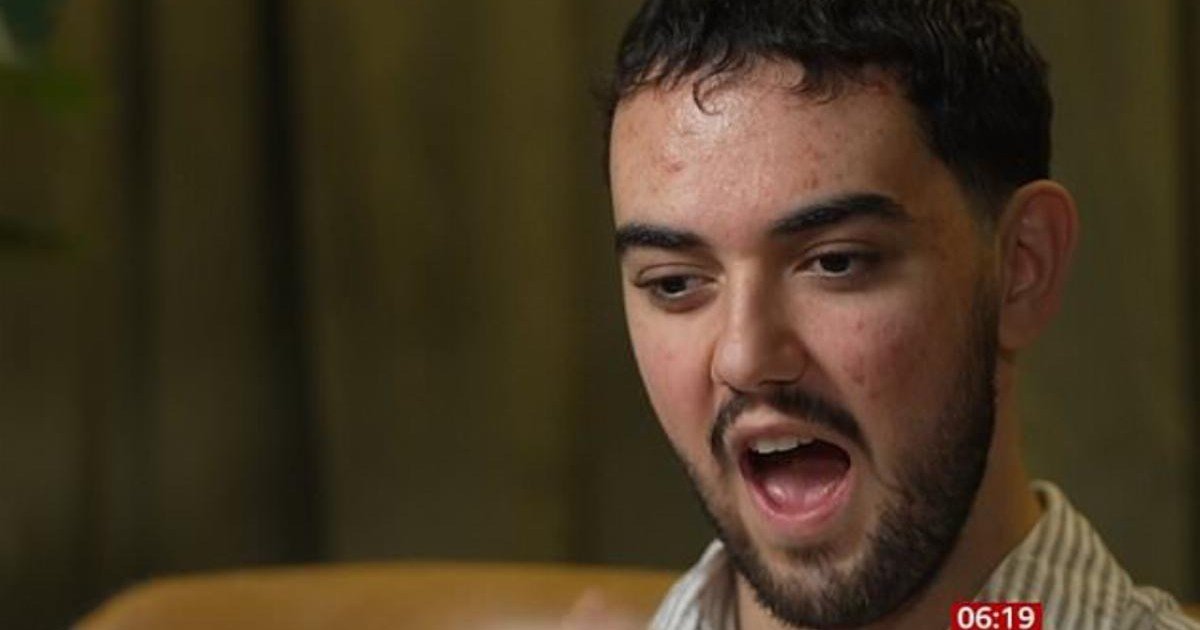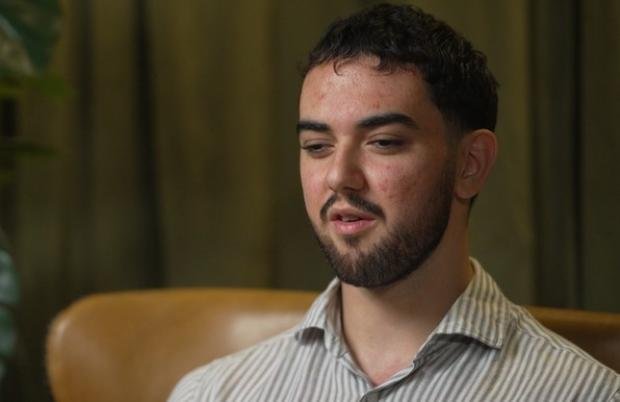A British man who was left permanently blind after drinking contaminated alcohol in Laos has joined the families of three other UK citizens who died in similar incidents to call for clearer government travel warnings.
The campaign is urging the UK Foreign Office to provide more explicit advice about the dangers of methanol poisoning from counterfeit spirits, a known issue in parts of Southeast Asia.
The campaign is being highlighted by the experience of 23-year-old Calum Macdonald, who was poisoned in November 2024 while staying at a backpacker hostel in Vang Vieng, Laos.
Mr. Macdonald consumed free vodka and whisky shots offered by the establishment, which were later found to be contaminated with methanol.
He described his initial symptoms as seeing a “kaleidoscopic blinding light” before losing his vision entirely. Six people, including two Danish women he had met, died in the same incident.

A Pattern of Tragedies in the Region
The campaign also represents the families of other British victims. Simone White, 28, died from methanol poisoning at the same hostel in Vang Vieng just a day after Mr. Macdonald.
In a separate incident in 2022, Kirsty McKie, 38, died in Bali, Indonesia, after consuming tainted alcohol. Another victim, Cheznye Emmons, died in Sumatra after drinking gin that was later found to contain 66,000 times the legal limit of methanol.
Methanol is a toxic industrial alcohol often found in antifreeze and cleaning products. It can contaminate illegally or poorly manufactured alcoholic drinks.
Health organizations warn that initial symptoms, such as dizziness and nausea, are often mistaken for a standard hangover, delaying treatment.
More severe symptoms, including vision loss, seizures, and coma, can develop within 12 to 48 hours. According to medical charities, as little as 30ml of methanol can be fatal if not treated promptly with dialysis.
Campaign Aims and Official Response
The group is calling on the UK’s Foreign, Commonwealth & Development Office (FCDO) to enhance its official travel advice to more clearly state the risks of counterfeit alcohol and methanol poisoning in affected countries.
In response, the FCDO described the issue as a “serious problem in some parts of the world” and stated that it raises awareness through its existing travel advice and “Travel Aware” campaign.
Mr. Macdonald said that having survived, he felt a “responsibility to try and prevent the same thing from happening to other people.”

